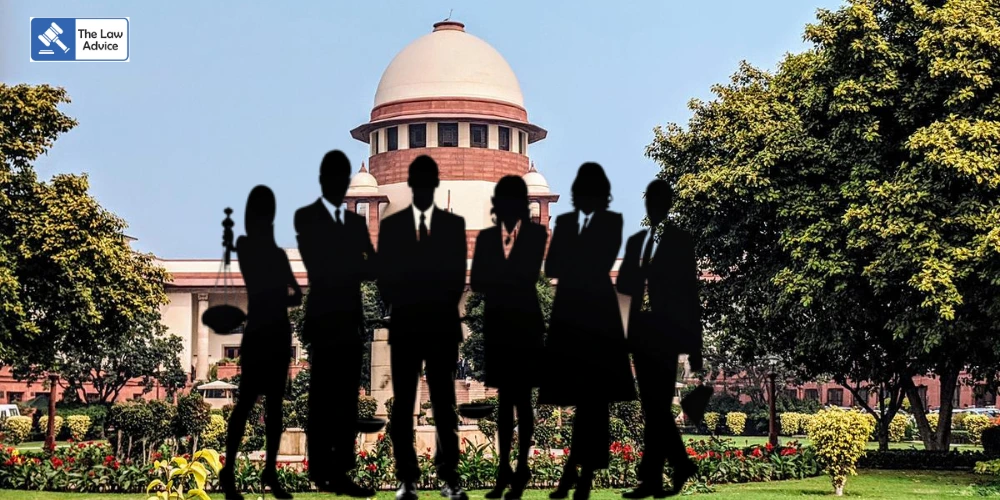New Delhi, August 12, 2025
The Supreme Court has referred to a five-judge Constitution Bench a significant question of constitutional interpretation:
Can a judicial officer, who has already completed seven years’ practice as an advocate before entering judicial service, be appointed as a District Judge against vacancies earmarked for the Bar quota?
A Bench comprising Chief Justice of India BR Gavai, Justice K Vinod Chandran, and Justice NV Anjaria passed the reference order.
The Court will also examine when eligibility is to be determined—whether:
1. At the time of submitting the application,
2. At the time of actual appointment, or
3. At both stages.
The matter turns on the interpretation of Article 233(2) of the Constitution, which provides that:
“A person not already in the service of the Union or of the State shall only be eligible to be appointed a District Judge if he has been for not less than seven years an advocate or pleader and is recommended by the High Court for appointment.”
The phrase “not already in service” and the requirement of “being an advocate” at the relevant time have been the subject of judicial debate, particularly in light of past Supreme Court rulings.
Background of the Case
The appeal arises from the Kerala High Court decision setting aside the appointment of Rejanish K.V. as a District Judge.
• Before Judicial Service:
Rejanish was a practising advocate with more than seven years of Bar experience.
• Dual Applications:
He applied for the post of District Judge under the Bar quota and also for Munsiff-Magistrate in the subordinate judiciary.
• Judicial Appointment:
While the District Judge selection process was ongoing, Rejanish was appointed as a Munsiff-Magistrate on 28 December 2017.
• District Judge Appointment:
He was later offered the District Judge post, relieved from subordinate judiciary duties on 21 August 2019, and assumed charge as District Judge, Thiruvananthapuram on 24 August 2019.
Another candidate, K. Deepa, challenged his appointment on the ground that:
• At the time the District Judge appointment order was issued, Rejanish was not a practising advocate, but a serving judicial officer (Munsiff).
• This, she argued, violated the precedent in Dheeraj Mor v. High Court of Delhi (2020), where the Supreme Court held:
An advocate applying for direct recruitment as a District Judge must continue in practice until the date of appointment.
Kerala High Court’s Ruling
• Single Bench: Quashed the appointment, relying on Dheeraj Mor.
• Division Bench: Upheld the Single Bench, but noted:
• Various states have rules permitting such appointments that may conflict with the Dheeraj Mor interpretation.
• The issue affects appointments across the country.
• Therefore, it certified the matter as involving a substantial question of law of general importance, allowing an appeal to the Supreme Court.
Given the constitutional importance and the potential nationwide impact—since several District Judge appointments may have been made under differing interpretations of Article 233(2)—the Supreme Court referred the case to a Constitution Bench for authoritative clarity.
The CJI also indicated that the matter is likely to be listed for hearing soon.
Case Title: Rejanish K.V. vs. K. Deepa, Civil Appeal No. 3947/2020
